
Mental Health Awareness Month 2024
To our community,
May is Mental Health Awareness Month, and at A New Leaf, we want to make sure no one has to go through a mental health challenge alone. All of us face challenges with mental health, some more than others. Mental Health Awareness Month should be seen as an opportunity to raise awareness, challenge stigmas, and empower individuals to prioritize their mental well-being.
Many people may not fully understand what it means to live with a mental health challenge. This lack of understanding can lead to misconceptions and stigma surrounding a mental health struggle, which can be incredibly harmful. Mental Health Awareness Month provides an opportunity to shed light on these issues, educating the public and helping them understand that mental health is just as important as physical health.
For those who are struggling with their mental health, this month can be life changing. It’s a time when resources and support are more widely shared, and people can find the help they need. Whether it’s through therapy, support groups, or hotlines, there are many avenues to seek assistance. This blog will include a full resource section if you or someone you know is experiencing a mental health struggle.
Mental health conditions have nothing to do with being lazy or weak and many people need help to get better. Mental Health Awareness Month is a time to listen, learn, and support one another. Whether you’re someone who has faced mental health challenges or someone who simply wants to be a better ally, this month offers a chance to make a positive difference. By coming together, we can build a more understanding and supportive community for all.
Sincerely,
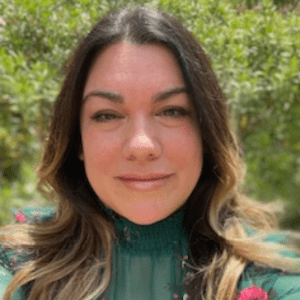
Nicole Salter
Chief Clinical Officer
A New Leaf
Click Below to View Each Section!
MEET NICHOLAS, A MENTAL HEALTH ADVOCATE
WHAT IS MENTAL HEALTH, AND WHY DOES IT MATTER?
ENDING THE STIGMA AROUND GETTING HELP
SEE AVAILABLE RESOURCES FOR ANY SITUATION
Your kindness helped Nicholas with his mental health challenges.
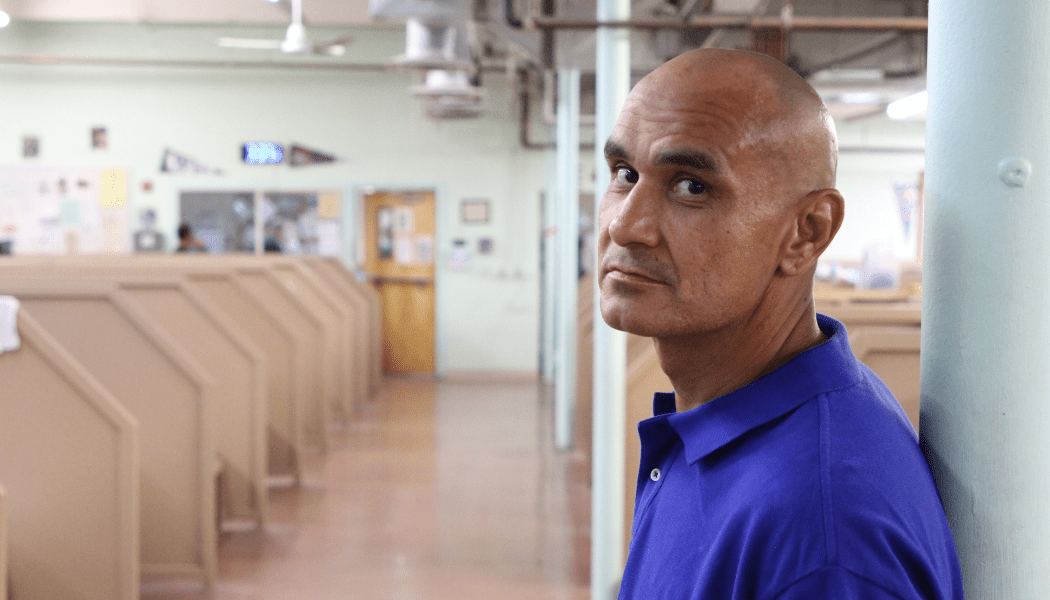
“I really try to advocate for people with serious mental illnesses, you know. There’s a lot of us out there, but most people don’t understand it or even care. We really need to build more awareness, because there are so many of us.”
Nicholas has struggled to find a place where he fits for some time, and due to his past he can’t easily find employment or housing. But the staff at A New Leaf’s East Valley Men’s Center for homeless men have welcomed Nicholas into their community, giving him a strong foundation for a new start.
“I found that I don’t trust most people, or systems, to work with me because they don’t get me. It’s personal for me, so I don’t like sharing about what I’m dealing with. But the staff here are the first people I’ve met in years that actually want to understand me and help me.”
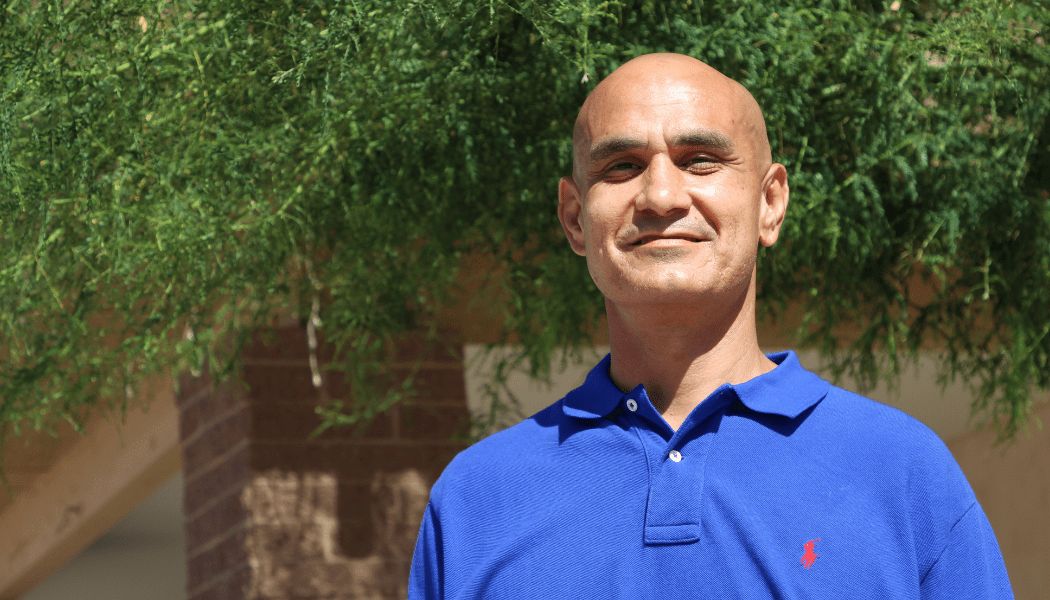
Nicholas has made progress by leaps and bounds since he first arrived at A New Leaf’s shelter. After only a few weeks, Nicholas landed a well paying job at a local construction company and has started training. With good employment and a stable income, Nicholas is planning on getting his own apartment soon.
“I know how to work and I have a lot of experience, but I get in my head a lot. Having the community of guys here, all dealing with the same stuff, makes you feel less alone. That alone helps, but then I also have the help of staff members like James. It all helps.”
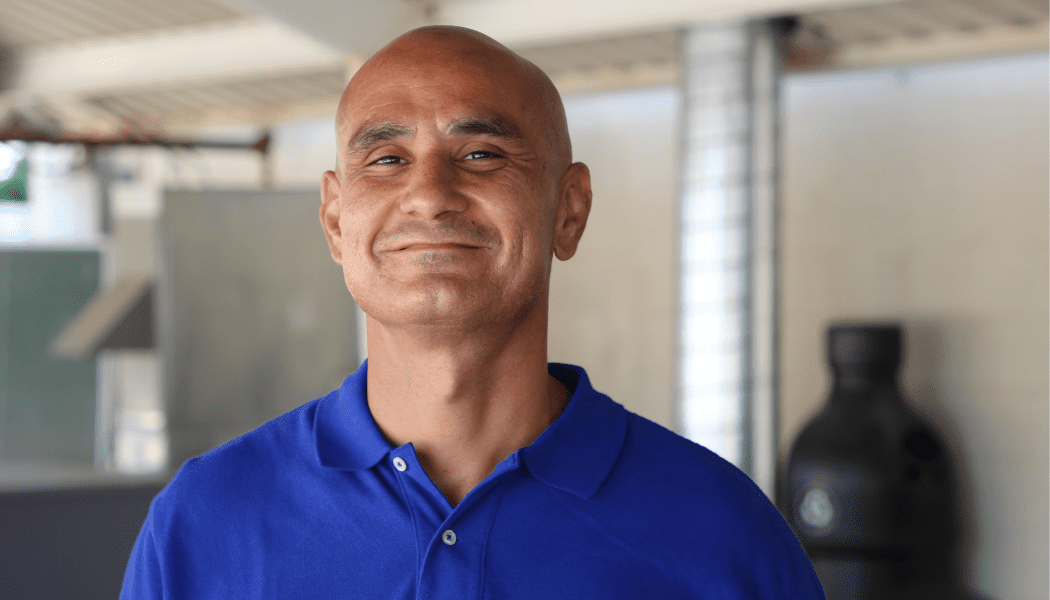
For Nicholas, his family is what is driving him to get back on his feet. He wants to be able to keep his job this time around and better provide for them. Nicholas is actively working on being more dependable and working with his employer to be understanding.
Contributed by:

Tanner Swanson
Marketing Manager
A New Leaf
What is Mental Health, and Why Does It Matter?
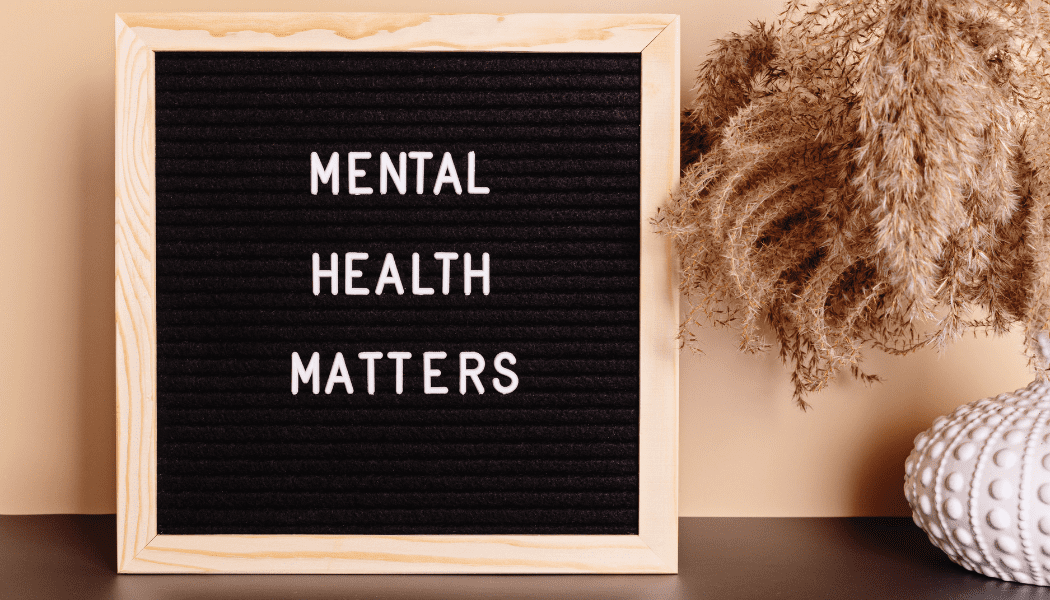
The data below was taken from Substance Abuse and Mental Health Services Administration (SAMHSA). All links below will direct you to their website where you can learn more about each mental health condition.
Mental health is a critical part of overall health, encompassing emotional, psychological, and social well-being. It influences how we think, feel, and behave in our daily lives. Understanding the basics of mental health can help us maintain balance and manage the stresses that life throws at us. It also enables us to recognize when we or someone we care about might need professional support.
According to the Substance Abuse and Mental Health Services Administration (SAMHSA), there are key concepts that form the foundation of mental health education. Mental health problems are common, and they can affect anyone regardless of age, gender, or background. The good news is that these problems are treatable, and many people recover completely with the right support and resources.
Recognizing the signs of a mental health crisis is an essential part of education. Some common signs include persistent sadness, excessive worry, extreme mood changes, social withdrawal, and changes in eating or sleeping habits. Some factors can be biological, like genetics or brain chemistry, or environmental, like trauma or prolonged stress. By understanding these factors, we can take proactive steps to reduce risk and promote mental wellness. This could include practicing good self-care, maintaining healthy relationships, and seeking help when needed.
Mental health issues can range from mild to severe depending on an individuals current situation. These include anxiety disorders, depression, bipolar disorder, schizophrenia, and others. Each condition has its own set of symptoms and can affect individuals differently. You can click on the buttons below to learn more about each condition listed:
5 Important Mental Health Fast Facts
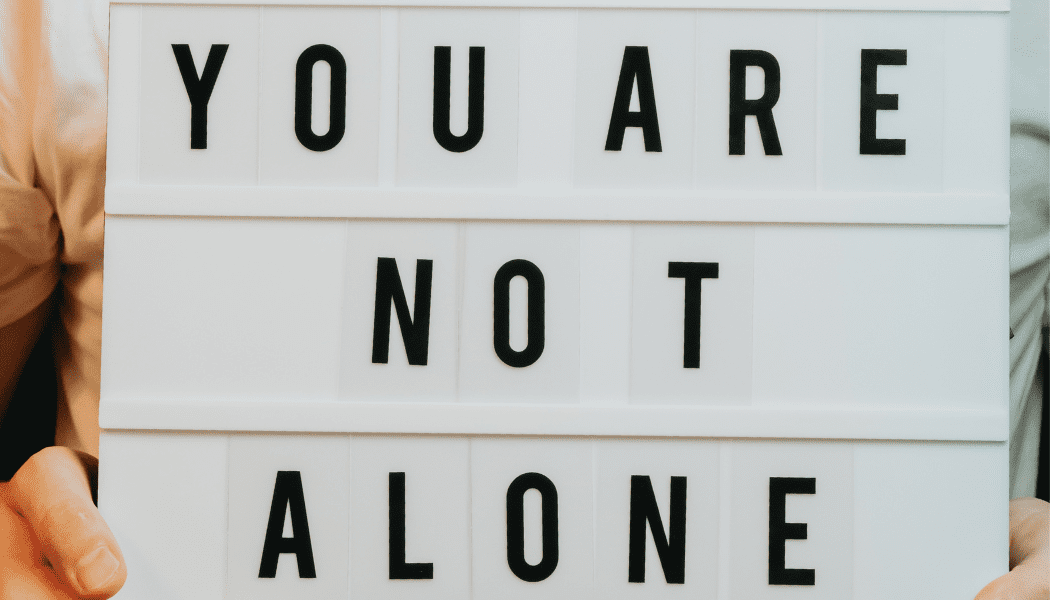
Data is taken from Mental Health America
1. 46% of Americans will meet the criteria for a diagnosable mental health condition sometime in their life, and half of those people will develop conditions by the age of 14.
2. 42.5 million US Adults have an Anxiety Disorder.
3. 21 million US adults have depression.
4. 56% of adults do not receive any form of mental health treatment. This is around 27 million adults left untreated.
5. 60.3% of youth did not receive any form of mental health treatment. This is around 2.17 million children left untreated.
Ending the Stigma
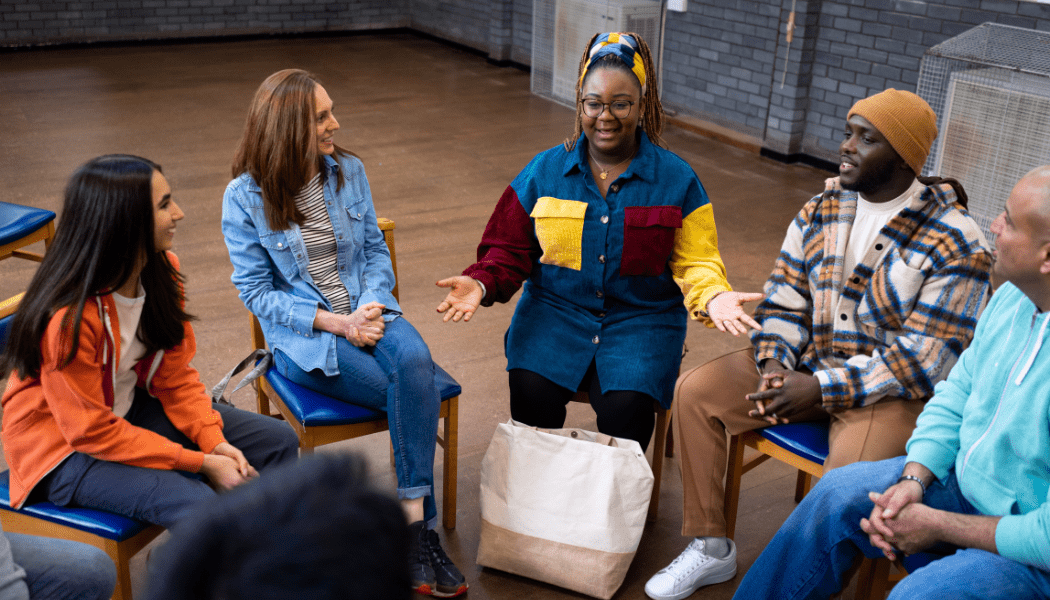
Mental health stigma is a significant barrier to seeking help and receiving support. It perpetuates negative stereotypes and misunderstandings about people with mental health issues, leading to discrimination and isolation. This isolation leads to millions of people left without help in the United States alone. By using education to challenge and break down these barriers, we can create a more inclusive and supportive space for everyone to get the help they need.
One of the most significant steps toward ending stigma is encouraging open conversations about mental health. When we talk openly, we normalize the idea that mental health is an essential aspect of overall health, not something to be ashamed of. By sharing personal experiences or supporting others who are struggling, we help to humanize mental health issues, reducing the sense of isolation that stigma can create. Getting help is never shameful.
Whether it’s making a phone call to a friend in need, reaching out to a mental health professional, or spreading awareness through education, these small steps can have a profound impact. When you recognize the signs early, you can connect people with resources and support before their situation worsens. It could mean the difference between someone continuing to suffer, or finding the help they need.
Resources Available to Anyone in Need

Everyone needs help at different points in their lives. Below are just a few resources you can use to get help today.
National Helpline
The Substance Abuse and Mental Health Services Administration (SAMHSA) operates a national helpline that provides confidential, free help 24/7. It is designed to offer support for those facing mental health and substance use disorders. You can reach the helpline at 1-800-662-HELP (4357). The trained professionals on the other end of the line can guide you to local services, provide information on treatment options, and offer general support during times of crisis. You can find the National Helpline here.
Suicide and Crisis Lifeline
For those experiencing suicidal thoughts or dealing with a severe crisis, the Suicide & Crisis Lifeline offers immediate assistance. You can call or text 988 to connect with trained crisis counselors who are available 24/7. This lifeline focuses on suicide prevention and crisis intervention, providing a safe space to talk and receive guidance during intense emotional distress. Please call 988 or go to https://988lifeline.org/ for assistance.
Mental Health or Substance Abuse
If you need to locate various types of support, SAMHSA provides a comprehensive resource page where you can find links to services and programs for both mental health and substance abuse issues. The page includes information on treatment facilities, support groups, and other resources tailored to specific needs. This resource can be invaluable for individuals and families seeking specialized help. Click here for mental health or substance abuse help.
Finding a Treatment Center
When you need to find a treatment center, SAMHSA’s “Find Treatment” tool is a reliable resource. By entering your location, you can search for nearby treatment facilities and filter by factors like type of care, payment options, and service focus. This tool makes it easier to find appropriate care and take the first step toward recovery. Click here to find a treatment center.

